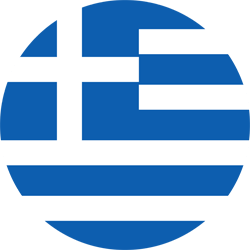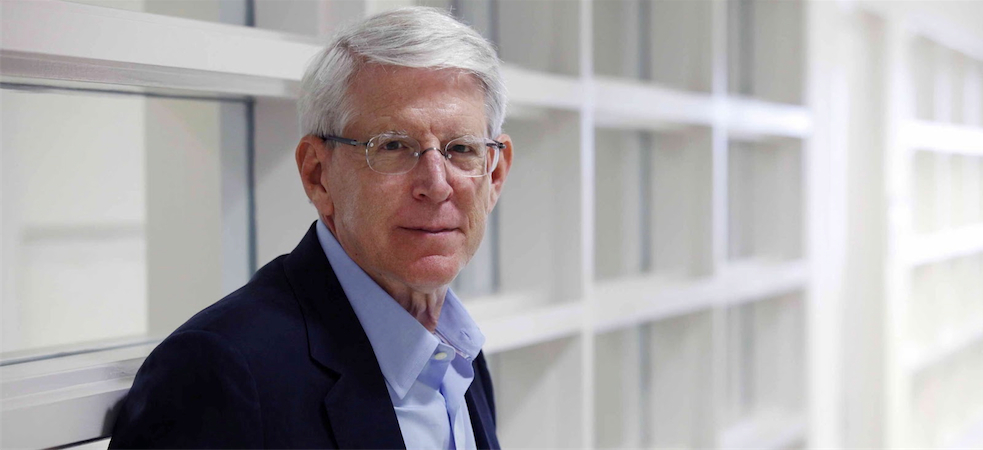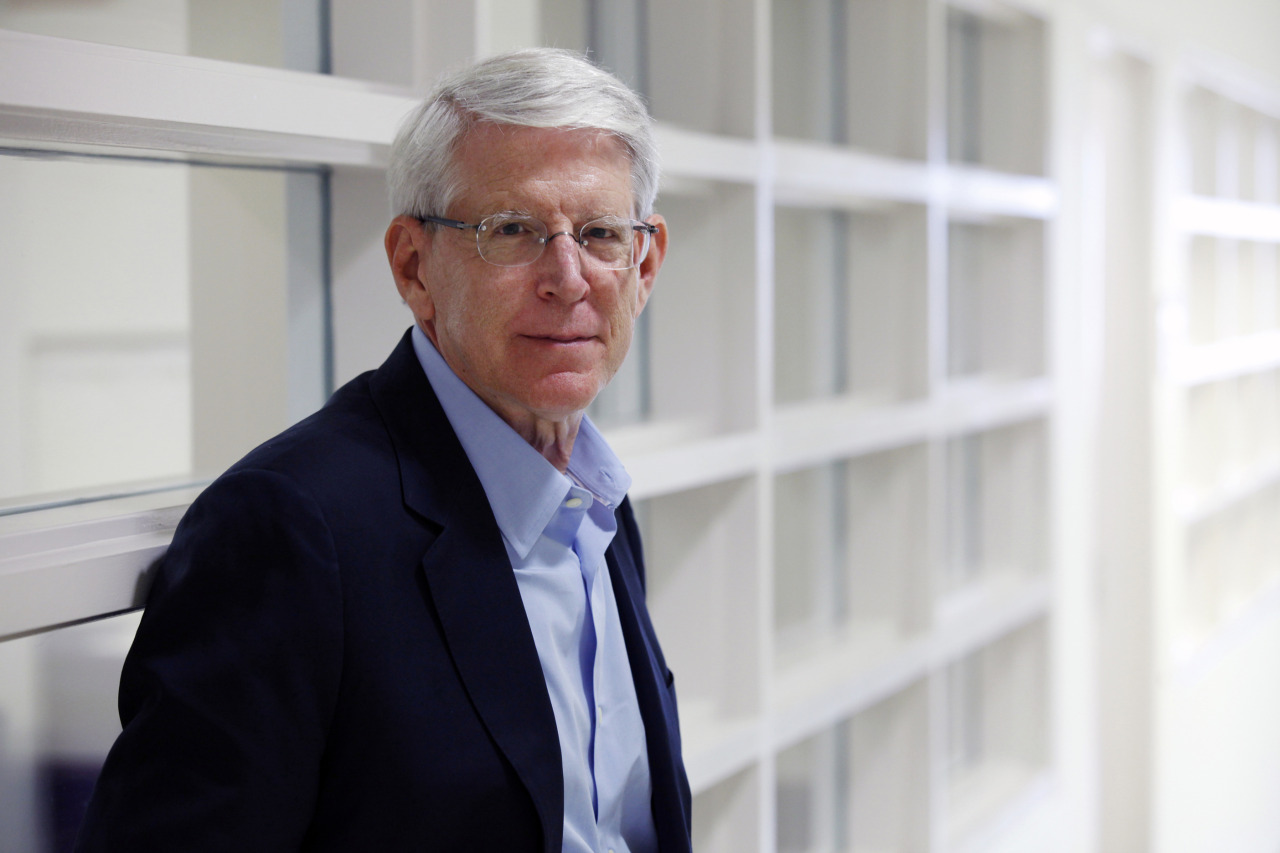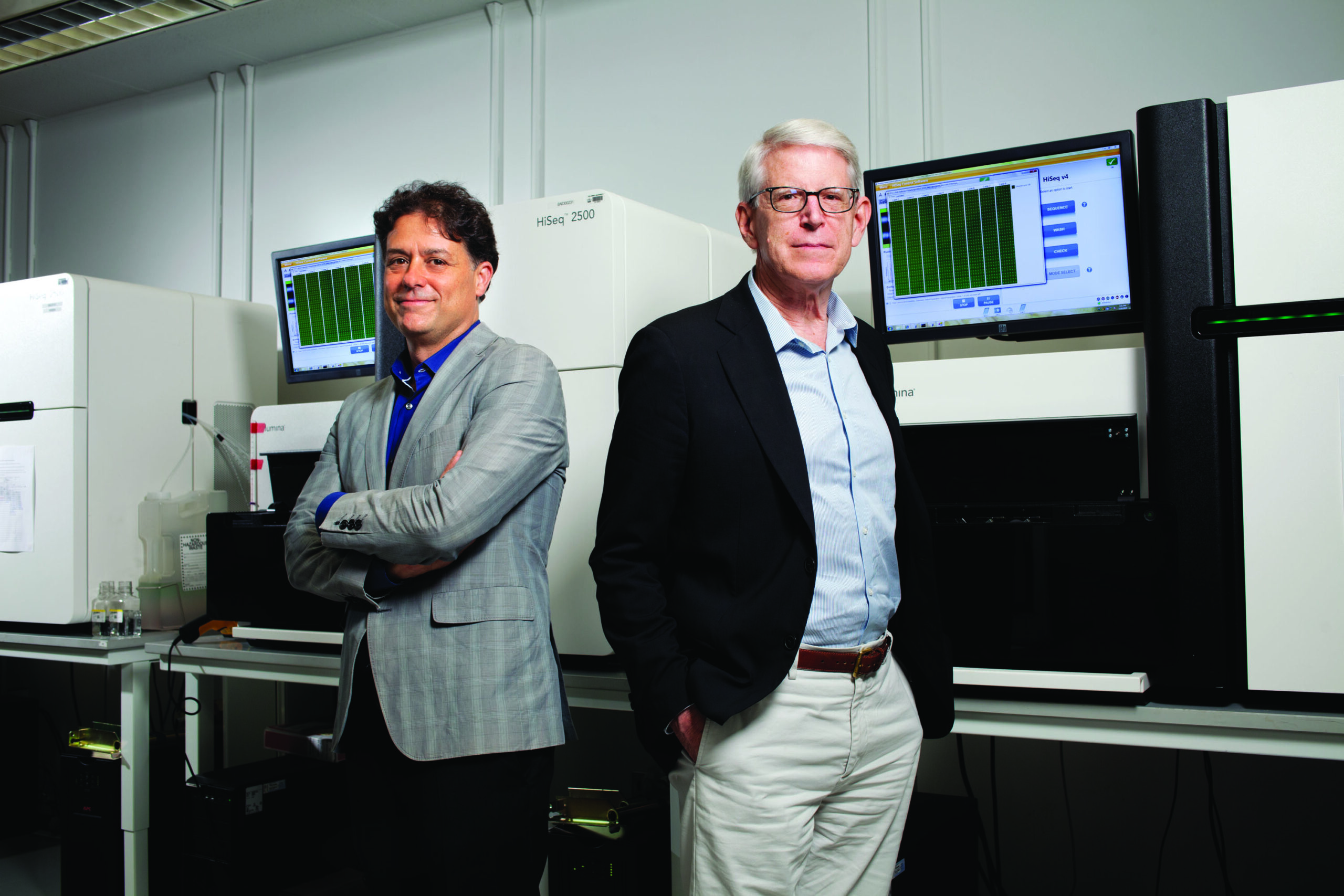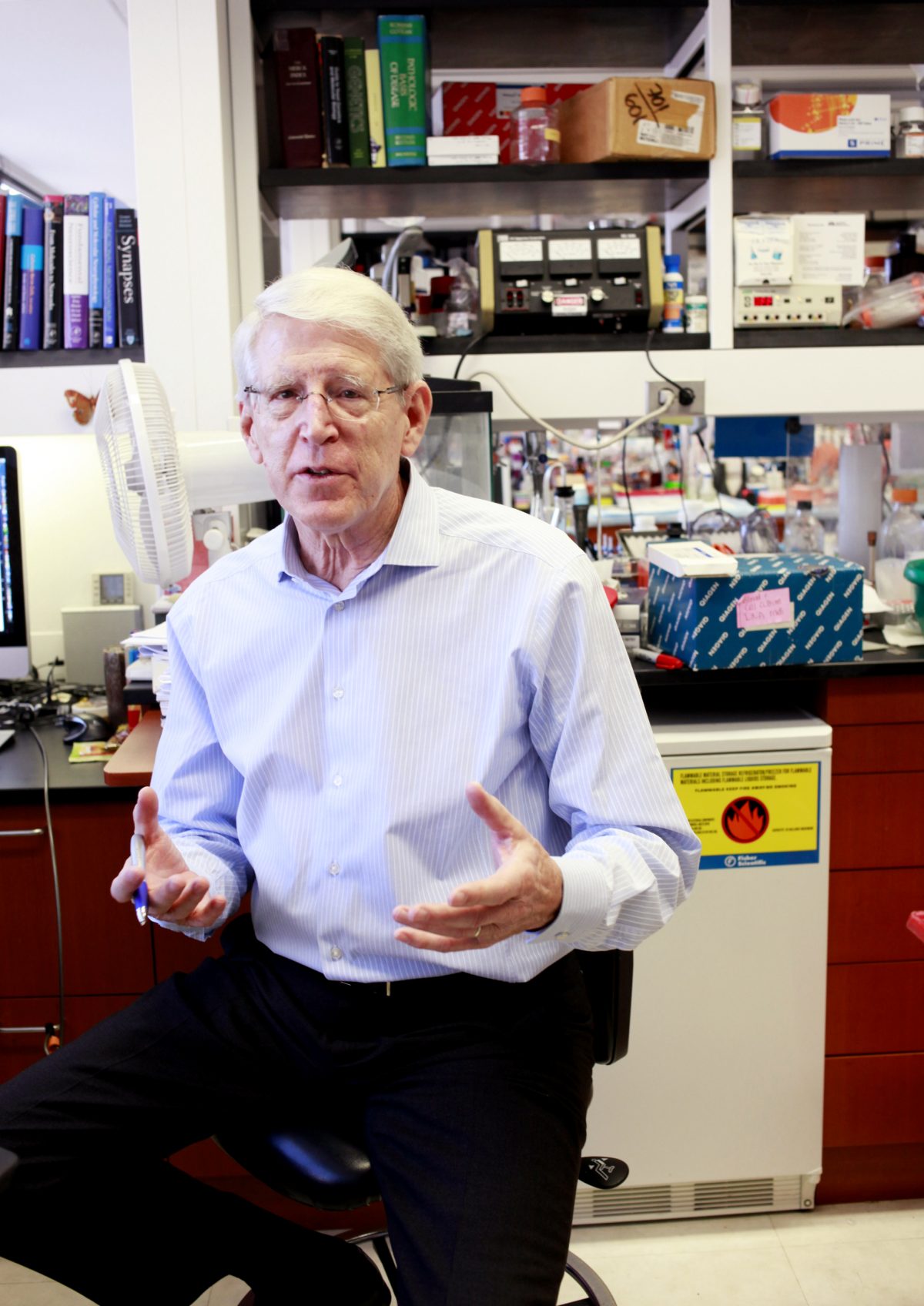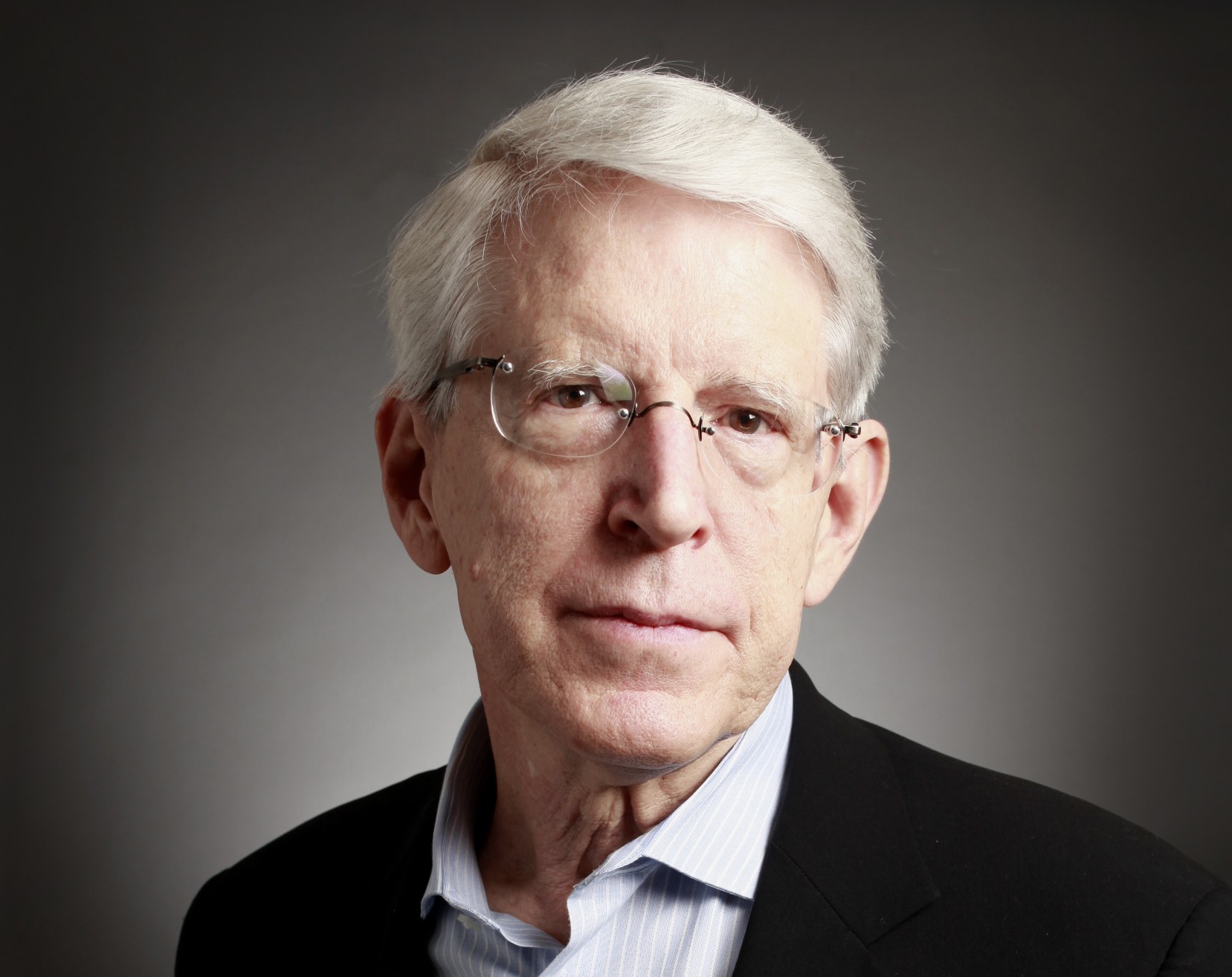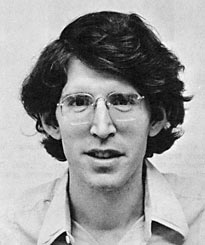[:el]
Greek American biologist Tom Maniatis is widely recognized by the international academic community for his excellent research on recombinant DNA and human genes cloning and he is also one of seven scientists awarded with the internationally prestigious Lasker-Koshland Achievement Award in Medical Science.
Tom was born in Colorado, on May 8, 1943 to Greek parents with origins in Mani. He was the family’s first child to receive academic education. Unfortunately, he doesn’t speak Greek, as both his parents used to speak English at home. Although, Tom himself admits that, “Greek blood runs through my veins, as I grew fond of the Greek country and culture”.
After graduating a public high school and university, he later received a PhD in molecular biology and carried out postdoctoral studies at Harvard University and at the Medical Research Council Laboratory of Molecular Biology in Cambridge, UK.
Maniatis has held faculty positions at the most prestigious academic institutions in the United States and has also worked as Molecular and Cellular Biology Professor at Harvard University up to 2009, while he is currently the Chairman of the Biochemistry and Molecular Biophysics faculty at Columbia University.
Tom Maniatis has been honoured with many awards and has also received Honorary PhDs from the University of Athens. Moreover, he has been a co-founder in a number of biotechnology companies and is member of the US National Academy of Sciences.
The Lasker-Koshland Award is one of the world’s most prominent scientific awards and it is considered to be the herald of the Nobel of Medicine, as during the last 20 years 29 Lasker-Koshland awarded scientists have also received the Nobel Prize of Medicine later on.
Maniatis shares one of his three Lasker-Koshland Awards on Special Achievement in Medical Science with geneticist Donald Brown of the Carnegie Institution for Science, thanks to his research on genes, his DNA recombination methods and molecular cloning, but also thanks to the support he has been offering to scientists during his whole life.
Tom Maniatis has co-authored a pioneering laboratory techniques manual, which is considered to be the bible of biomedicine research worldwide.
He helped found Genetics Institute, one of the biotech industry’s early trailblazing companies.
In 1996, Dr. Maniatis’ sister, Carol, a grandmother, mother of four, and active 50-year-old who spent weekends in the mountains near her home in Colorado, where Dr. Maniatis also had been born and raised, began experiencing weakness in her legs. Soon, she was diagnosed with amyotrophic lateral sclerosis, the neurodegenerative disease that destroys motor neurons in the brain and spinal cord while leaving sensory and cortical neurons untouched. “Her next and final two years were an unimaginable nightmare for everyone close to her,” he told a U.S. Senate subcommittee in 2000, just a year after her death. “She was ultimately reduced to a limp and lifeless body with a perfectly good mind inside … unable to express the complicated emotions one must feel while the most fundamental human activities are relentlessly taken from you day by day. At least with most other diseases, it is possible to express the feeling of sadness and the fear of dying and to be comforted in a meaningful way.”
Soon after his sister’s diagnosis, Dr. Maniatis was contacted by the ALS Association, which asked him to do something that was, at the time, rather unusual: Bring together a group of basic scientists who could identify new directions for ALS research. He was eager to do so, and for several years he chaired the committee and helped steer the research of others. But he did not immediately begin to work on ALS-related investigations in his lab, he says, “because I could not see how I could directly contribute. I’m not a neuroscientist—or wasn’t.”
He began working on ALS in his lab at Harvard in 2006 and in 2010 moved to P&S, drawn by what he calls Columbia’s “extraordinary commitment to ALS” through the recruitment of researchers, establishment of the Motor Neuron Center, and access to a large patient population.
At P&S, his lab compares motor neurons generated from mouse embryonic stem cells with those from induced pluripotent stem cells generated from fibroblasts, or skin cells, of patients with ALS, a technique used for the first time in 2008 in a collaboration between a team of scientists at Columbia’s Motor Neuron Center and Kevin Eggan, PhD, at the Harvard Stem Cell Institute. Taking advantage of revolutionary advances in sequencing technology, Dr. Maniatis and other researchers are collecting massive amounts of RNA sequencing data from both mouse models and human patients and searching across the database for the hallmark commonality in ALS disease mechanism.
[
Greek American biologist Tom Maniatis is widely recognized by the international academic community for his excellent research on recombinant DNA and human genes cloning and he is also one of seven scientists awarded with the internationally prestigious Lasker-Koshland Achievement Award in Medical Science.
Tom was born in Colorado, on May 8, 1943 to Greek parents with origins in Mani. He was the family’s first child to receive academic education. Unfortunately, he doesn’t speak Greek, as both his parents used to speak English at home. Although, Tom himself admits that, “Greek blood runs through my veins, as I grew fond of the Greek country and culture”.
After graduating a public high school and university, he later received a PhD in molecular biology and carried out postdoctoral studies at Harvard University and at the Medical Research Council Laboratory of Molecular Biology in Cambridge, UK.
Maniatis has held faculty positions at the most prestigious academic institutions in the United States and has also worked as Molecular and Cellular Biology Professor at Harvard University up to 2009, while he is currently the Chairman of the Biochemistry and Molecular Biophysics faculty at Columbia University.
Tom Maniatis has been honoured with many awards and has also received Honorary PhDs from the University of Athens. Moreover, he has been a co-founder in a number of biotechnology companies and is member of the US National Academy of Sciences.
The Lasker-Koshland Award is one of the world’s most prominent scientific awards and it is considered to be the herald of the Nobel of Medicine, as during the last 20 years 29 Lasker-Koshland awarded scientists have also received the Nobel Prize of Medicine later on.
Maniatis shares one of his three Lasker-Koshland Awards on Special Achievement in Medical Science with geneticist Donald Brown of the Carnegie Institution for Science, thanks to his research on genes, his DNA recombination methods and molecular cloning, but also thanks to the support he has been offering to scientists during his whole life.
Tom Maniatis has co-authored a pioneering laboratory techniques manual, which is considered to be the bible of biomedicine research worldwide.
[:]

